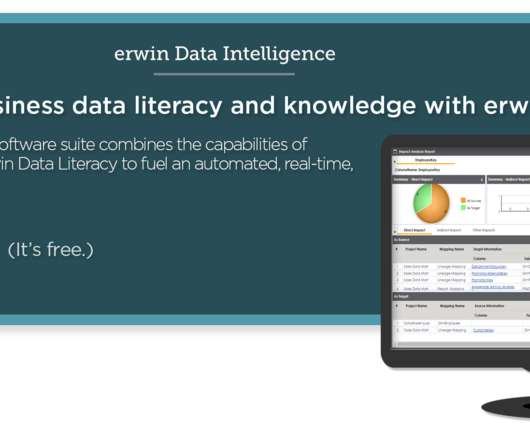Real-time artificial intelligence and event processing
IBM Big Data Hub
NOVEMBER 29, 2023
Non-symbolic AI can be useful for transforming unstructured data into organized, meaningful information. This helps to simplify data analysis and enable informed decision-making. Stream analytics can be used to help improve the speed and accuracy of models’ predictions.















Let's personalize your content